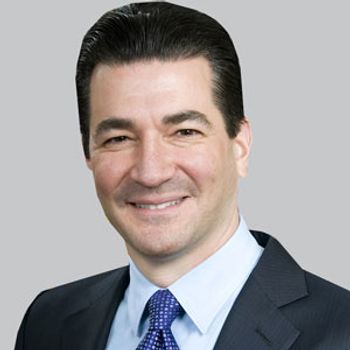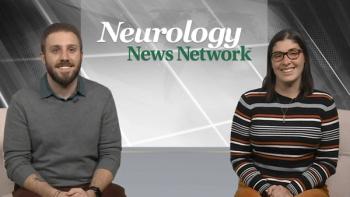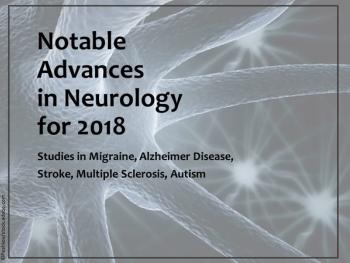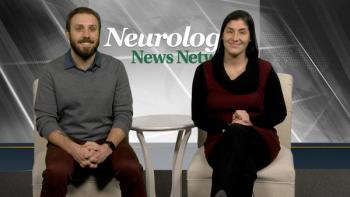
The model showed that sporadic Alzheimer cells differentiated in an accelerated fashion in early development, as well as irregularities in the REST protein.

The model showed that sporadic Alzheimer cells differentiated in an accelerated fashion in early development, as well as irregularities in the REST protein.

Here: Results from a clinical study of African-American patients with mild cognitive impairment.

Despite the non-significant differences between groups, a slight trend toward a dementia risk reduction has led to the Alzheimer’s Association providing funds for a follow-up extension trial, dubbed SPRINT-MIND 2.0.

This investigation has suggested that Porphyromonas gingivalis may be a driver of Alzheimer disease progression and that an investigational bacterial protease inhibitor may be able to prevent that sequence.

The director of the Center for Neurodegeneration and Translational Neuroscience and director emeritus, Cleveland Clinic Lou Ruvo Center for Brain Health, shared thoughts on his hope for the future of Alzheimer disease, among other topics.

The Anne Parrish Titzell Professor of Neurology and Neuroscience at Weill Cornell Medicine’s Feil Family Brain and Mind Research Institute discussed how to make the decision about who will end developing Alzheimer and who will not when amyloid buildup occurs.

The director of the Center for Neurodegeneration and Translational Neuroscience and director emeritus, Cleveland Clinic Lou Ruvo Center for Brain Health, spoke about the emerging therapies and biomarkers in Alzheimer disease.

Neurology News Network for the week of January 19, 2019.

The executive director of the University of Rhode Island’s George & Anne Ryan Institute for Neuroscience spoke about the phase 1 trial and the years of research that led to it.

The agency is anticipating upward of 200 INDs per year by 2020 and between 10 and 20 cell and gene therapy approvals per year by 2025.

The associate professor in the department of psychiatry at NYU Langone spoke about the relationship between slow-wave sleep disruption and Alzheimer disease.

The direct thrombin inhibitor is planned to be evaluated for its effect on the neurodegenerative disease in a trial of 40 to 60 patients with MCI and Alzheimer, led by researchers at the University of Rhode Island.

The AAN position statement author further addressed the opposing position of the Nevada law, the AAN’s position on brain death, and what clinicians need to know in regard to determining it.

Neurology News Network for the week of January 12, 2019.

The Chair of the AAN’s Ethics, Law and Humanities Committee spoke to the American Academy of Neurology’s goal to improve the consistency of determining brain death.

If a larger set of samples can be used to test the 3 metabolites identified, the researchers note that they can validate the findings and develop a saliva test for Alzheimer disease.

The Clinical Director of the NHGRI spoke about the impact of the NIH program and its future development.

The position statement’s author noted that a lack of specificity in laws and inconsistencies in protocols has led to confusion surrounding brain death in several high-profile cases.

The program’s director spoke about its genesis and evolution into a more widespread initiative which has helped improve next-generation genome sequencing.

The founding executive director and chief science officer of the Alzheimer’s Drug Discovery Foundation spoke about the exciting therapeutic landscape in Alzheimer and what holes remain.

The founding executive director and chief science officer of the Alzheimer’s Drug Discovery Foundation spoke about the progress made in 2018, and what to look forward to in 2019.

Although the therapy did not achieve significance for the primary end point in the full data set, a pre-specified exploratory analysis implemented in a post-hoc framework did provide evidence of significant benefit for the 20-μg dose.

This brief year-end slideshow highlights significant progress in research into migraine, Alzheimer disease, stroke, multiple sclerosis, and autism.

Neurology News Network for the week of December 15, 2018.

The study found 33 additional single nucleotide polymorphisms with stronger relationships with a single subgroup.